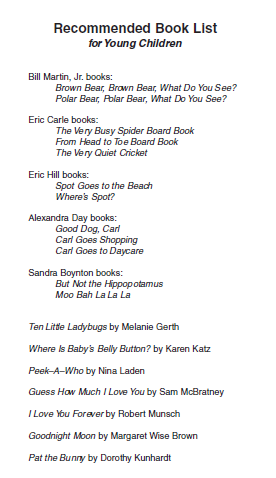Spartanburg County School District Two Early Childhood Special Education Services provides children ages 3-5 developmental screening through Child Find.
This screening will determine the need for only further evaluations and we will work collaboratively as a team with parents to develop services across a full range of community-based and school based options.
Schedule a Screening
The first step is a developmental screening.
For a child from birth to age 2 ½ years old, contact South Carolina Babynet at 573-6719 for information regarding scheduling a developmental screening.
For a child age 2 ½ years old through 5 years old, not enrolled in a public school program, contact Fran Metta, coordinator, Spartanburg School District Two Special Services at 578-0128 to schedule a screening appointment for your child.
A multidisciplinary team will meet with you and your child to perform a screening to the areas of adaptive, motor, social-emotional, speech/language, and cognitive development to determine if further assessment is needed.
Child Find Screening are held by Spartanburg School District Two on a regular basis at the Upstate Family Resource Center and at Mayo Elementary School by a team consisting of a nurse, a speech/language therapist, and a school psychologist. Once making an appointment you will receive a packet in the mail. Please bring the completed packet and proof of residency to the screening.
Parents must give written permission for screenings. An adult must accompany the child throughout the screening.
The screening team will complete:
*Vision and Hearing Screening
*Developmental Skills Screening
*Communication Skills Screening
*A review of all information gathered
Following the completion of the screening, the team will review the screening results with you and make recommendations and appointments with you if any follow up observations, or evaluations are necessary while your child plays in the toy area.
Disability Categories
Autism Deaf and Hard of Hearing
Deaf-Blindness Developmental Delay
Emotional Disability Intellectual Disability
Multiple Disabilities Orthopedic Impairment
Other Health Impairment Traumatic Brain Injury
Speech-Language Impairment Visual Impairment
Contact: Frances.Metta@spartanburg2.k12.sc.us
Site location – Upstate Family Resource Center and Mayo Elementary School
Spartanburg School District Two
Special Services
3231 Old Furnace Road
Chesnee, SC 29323
Phone: (864) 578-0128
Fax : (864) 515-5198

















